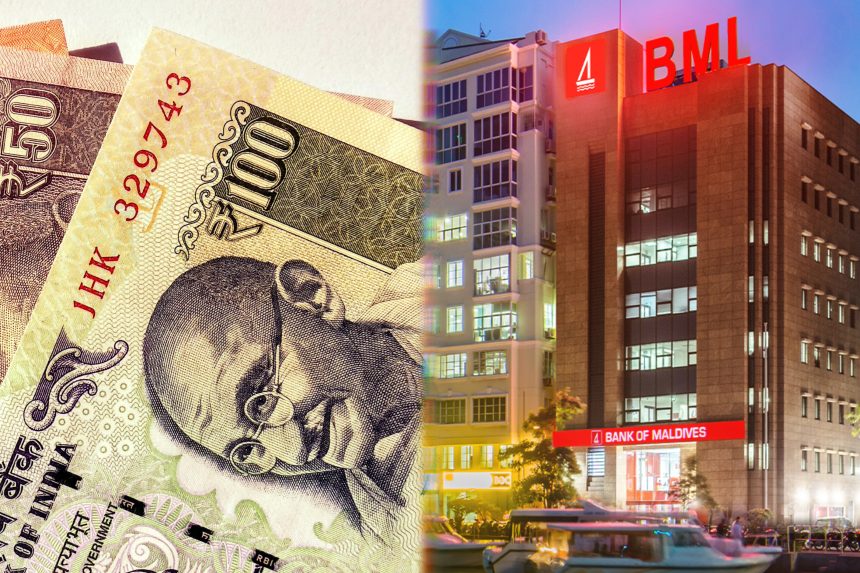The Bank of Maldives (BML) has unveiled Indian Rupee (INR) accounts for the first time in the country, marking a pivotal move aimed at strengthening financial connectivity and trade facilitation between the Maldives and India.
Effective from August 1, 2025, both individual and business customers—including Indian expatriates—will be able to open INR accounts digitally via BML’s Internet and Mobile Banking platforms. The accounts will support deposits starting from INR 500, including direct inward remittances from India, and will allow for outward remittances as well.
Speaking at the launch, BML CEO and Managing Director Mohamed Shareef emphasized the strategic importance of the new offering. “We are delighted to introduce INR accounts at Bank of Maldives, which will open new avenues for our customers—facilitating trade, managing remittances, and expanding investment opportunities,” said Shareef. “This initiative reflects our commitment to evolve in line with the financial needs of both personal and corporate customers.”
The rollout builds on the Bank’s October 2024 milestone, when it began accepting RuPay International cards in the Maldives. Shareef further revealed that BML is collaborating with the National Payments Corporation of India (NPCI) to enable acceptance of RuPay domestic cards and to issue RuPay cards to BML customers with INR accounts. The full implementation is expected by the end of this year, enabling seamless cross-border transactions in Indian Rupees.
With a robust nationwide presence—spanning 40 branches across all 20 atolls, 133 Self-Service Banking Centres, 188 ATMs, and a growing Agent Banking network—BML continues to cement its position as the Maldives’ leading financial institution. The bank’s continued investment in digital banking channels complements its expanding suite of cross-border and multi-currency services, aligning with the country’s growing trade, tourism, and expatriate markets.
The launch of INR accounts is anticipated to enhance convenience for businesses dealing with Indian partners, streamline remittances for expatriates, and support the broader economic relationship between the two nations.




